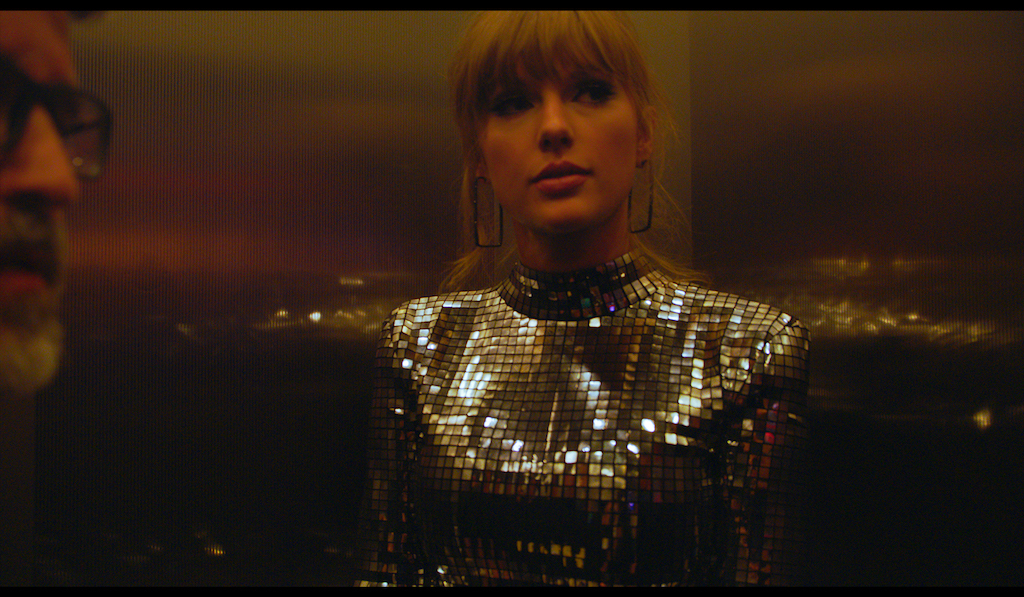
Being a female celebrity is like navigating an endless tightrope. You have to be pretty, but relatably so. You have to be confident, but never cocky. You can have opinions, but not strong ones. You have to be sexy, but not too sexy. And so on.
And, as the remarkable new Netflix documentary, Miss Americana, establishes, when you’re Taylor Swift, and you’ve grown up in the public eye, this tightrope is constantly swaying, as public expectations of you shift and change.
When she first broke through in the music industry at the age of 16, it really was enough for her to be pretty, nice, and talented—a “good girl.” But then she became so successful that a backlash was inevitable—in America, the only thing we love more than building someone up is knocking them down—and just like that, the very things that made her successful were now a detriment. She was too pretty. Too nice. She was obviously fake. Conceited. A backstabber. And what about her stubbornly neutral stance on all things political? Was she an airhead? Or, worse still, a secret Trump supporter? (Gasp!)
Lana Wilson’s documentary shows Swift coming to terms with all these paradoxes. At first, Swift admits, they were overwhelming. One minute she was the most beloved girl in the world, the next minute she was something of a pariah. Of course, she was still wildly popular—a teen idol, a multi-platinum recording artist—but suddenly everything she wore, everything she ate, and everyone she dated was a source of endless speculation, debate, and curiosity.
Miss Americana is clearly an authorized documentary. As such, we get incredible access—backstage, in the recording studio, on her tour airplane. There are also things we don’t get (Swift remains very tight-lipped about her private life). To me, it’s a fair tradeoff, particularly because Swift is so forthcoming, bordering on confessional. The star admits that she struggled with an eating disorder and bouts of self-loathing. She talks about her feelings of powerlessness during a sexual assault lawsuit (she won the case against a DJ who had violated her). Through it all, she comes across as not just a preternaturally talented musician, but also amazingly smart, witty, self-deprecating, and self-aware.
The film’s pivotal moment comes when Swift decides to endorse Phil Bredesen, a Democrat, over a Marsha Blackburn, an extreme conservative, in Tennessee’s 2018 midterm election.
Her team, including her father, frantically urge her to reconsider. She’ll be alienating half her fans, if not more—and for what? Better to stay pretty and blank, an avatar for everyone’s hopes and dreams. But she insists that she needs to do this—for herself if nobody else. There’s an incredible scene as she’s about to put out her first social media post endorsing Bredesen. Her finger hovers over her phone tremulously until she musters the courage to hit send. It feels like a “before and after” moment—and she waits, with equal parts exhilaration and fear.
Of course, that endorsement didn’t ruin her career. If anything, it gained her more fans (Blackburn, however, ended up winning the election). And it’s all part of Swift’s journey toward self-discovery. Toward the end of the film, Swift muses that celebrities get “frozen at the age they become famous.” Miss Americana is about her breaking free of that 16-year-old “good girl” she was and becoming the multi-dimensional 30-year-old woman she is today.
